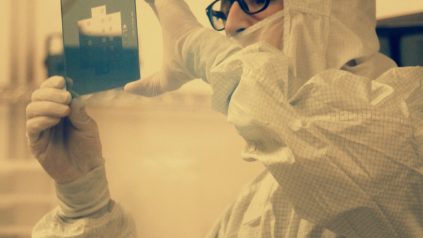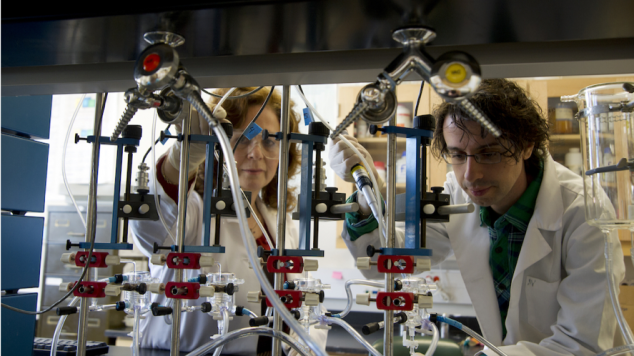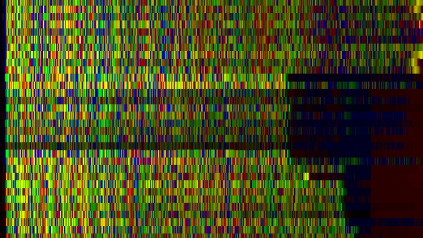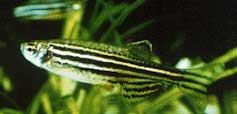Immune System Disorders Centers and Programs

Immune System Disorders Research Initiatives
Muscle and Healthspan Research Collaborative
This project is centered on the discovery of mechanisms that underlie skeletal muscle plasticity and health, using the zebrafish model. The research of skeletal muscle is important because its quality predicts immune system health, better recovery from illness and injury, and healthy aging. Information will be collected as preliminary data for an NIH R01 proposal.
Principle Investigator
-

Clarissa Henry
Professor of Biological Sciences
207.581.2816
Co-PI's
-

Ben King
Associate Professor of Bioinformatics
207.581.2803
-

-

Joshua Kelley
Assistant Professor of Bio-Chemistry
207.581.2957
Design and in vivo Testing of an Additively Manufactured, Percutaneous Surgical Implant that is Modified to Incorporate Negative Pressure Wound Therapy
The long-term goal of this project is to develop medical implants that reduce the likelihood of post-surgical infection. Similar technology has been shown to reduce the rate of infection after surgery. In these researchers’ previous work, they did not incorporate vacuum-assisted wound therapy. The team now plans to design and manufacture a prototype implant using this new technology in order to eventually submit an R01 proposal to NIH.
Principal Investigator
-

Jim Weber
Associate Professor of and Animal and Veterinary Sciences
207.581.2774
Co-PI's
-

Kristy Townsend
Assistant Professor of Neurobiology
207.581.2541
-

David J. Neivandt
Professor of Chemical Engineering
207.581.2288
-

Anne Lichtenwalner
Associate Professor of Animal and Veterinary Sciences
207.581.2789
Role of anthocyanin and phenolic acid extracts from wild blueberries on wound healing as related to diabetes, ischemic conditions and tissue regeneration ($60,000)

Principal Investigator
-

Dorothy J. Klimis-Zacas
Professor of Clinical Nutrition
207.581.3124
Co-PI's
-

Kristy Townsend
Assistant Professor of Neurobiology
207.581.2541
-

Jim Weber
Associate Professor of and Animal and Veterinary Sciences
207.581.2774
Wound healing and tissue repair are complex biological processes that modern medicine has not yet been able to improve or speed up. However, the Klimis-Zacas lab recently documented in vitro that a chemical compound extracted from Maine wild blueberries increased the speed of wound closure by 38% above the control. In light of these findings, the team is now working to validate those results and design a patch or spray prototype to be tested on humans. If successful, this treatment could be life-changing especially for people with injury-causing chronic conditions such as diabetes.


